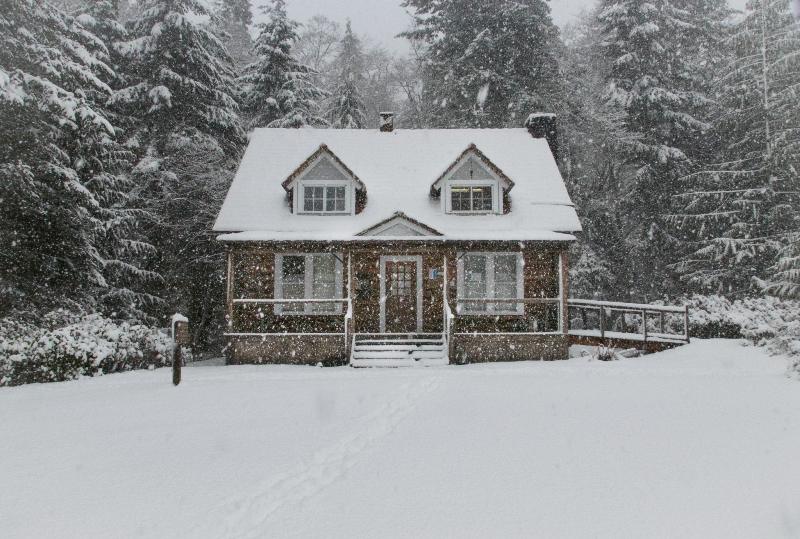As with everything in life, there’s certainly a right way and a wrong way to do things. Unfortunately, when it comes to house insulation, many homes are done the wrong way. Getting it right can have huge benefits to your home. Firstly, your air conditioning units, heaters and fans don’t need to work as hard if your home is well insulated. This means less drain on your energy bill.
Furthermore, insulation with good acoustic performance can also act as a sound barrier. This means when the kids are asleep, you can still watch your movies at an audible level! To get maximum efficiency from your home’s insulation, and find the cheapest way to insulate a metal building, here’s what to consider for your roof, wall and floor insulation.
Roof Insulation
Ceiling insulation is so important, especially considering the amount of heat that can be drawn in by your roof. If you want to stop that heat getting into your house, insulation is essential. Likewise, you don’t want warm air escaping into your roof during winter.
Firstly, choose the appropriate type of insulation. Roof insulation should have an ‘R’ rating between 2.5-6.0. This is the batt’s resistance to heat loss. Also, you need to pay special attention to vents, chimneys and exhaust fans. The areas around these should be insulated as well as the base of the roof cavity.
Also, don’t forget to allow ventilation in your roof cavity to avoid moisture problems.
Insulating Your Walls
External walls are often already insulated, but it isn’t always the case. If yours are not, you should certainly consider it. Likewise, internal walls need insulation. This also offers a level of soundproofing throughout the home.
In existing homes it’s difficult to access your wall cavities. As a result, you may like to consider blow-in insulation. This reasonably non-invasive method is terrific for those who don’t want to tear down walls. A special machine is used to blow insulation through small holes in the wall.
The ‘R’ rating for wall insulation should ideally be between 1.5 – 2.7.
TIP: Cavity walls can slow the movement of heat through your walls. You should consider cavity wall insulation with the government’s ECO Scheme. Energy grants specialist Warma UK can help you to access the grants.
Floor Insulation
Floor insulation is important, particularly in homes that don’t have a lot of carpet. Carpet in a home often has a noise-cancelling effect. For example, walking through a carpeted house with shoes is much quieter than stomping around on timber floors. However, a lot of that ‘walking noise’ can actually be absorbed with effective insulation.
Likewise, whether you have carpet or not, additional insulation in your floors is also a good idea for temperature control.
When choosing floor insulation, it’s important to get the thickness right. We’ve spoken about the resistance to heat loss, or the ‘R’ rating before, and for floors it should be R-1.7.
Choose Quality Insulation
No matter what part of the house you’re insulating, quality products are essential. Look for reputable suppliers who offer the following:
- Insulation for high thermal performance
- Eco-friendly
- Provide quality sound absorption
- Non-combustible for additional fire safety
- Warranties
Insulation is an investment, and as such, you want your products to be effective. If you’re not sure about what to buy, always seek help from a trusted local expert.






